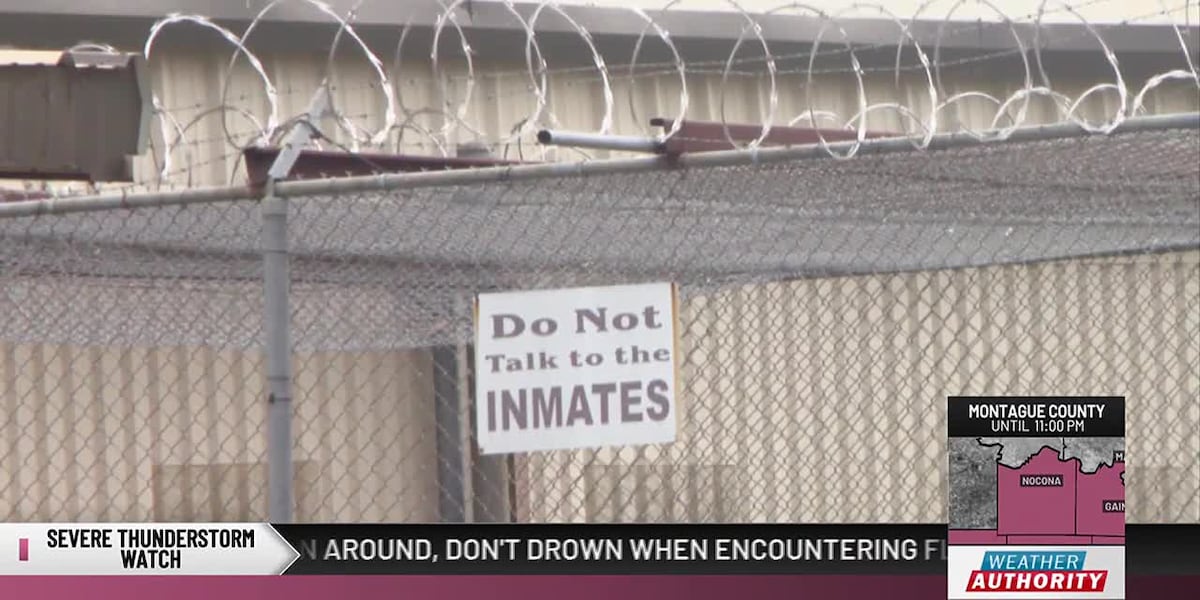AI-Driven Recession Risk: Klarna CEO Warns of White-Collar Job Displacement
The rapid advancement of artificial intelligence (AI) is sparking both excitement and concern across industries. Sebastian Siemiatkowski, CEO of the prominent “buy now, pay later” (BNPL) giant Klarna, has issued a stark warning: unchecked AI development could trigger a significant economic recession. His concerns stem from AI’s increasing ability to automate tasks previously performed by white-collar workers, potentially leading to widespread job losses and economic instability.
Siemiatkowski’s warning isn’t based on abstract speculation. He's witnessing the impact firsthand within Klarna. He previously stated that their AI assistant has already successfully taken over the responsibilities of 700 full-time customer service agents. This isn't a futuristic scenario; it's happening now, and the pace of change is accelerating.
The Looming Threat to White-Collar Jobs
For years, automation has primarily affected blue-collar jobs in manufacturing and other physical labor-intensive sectors. However, AI’s capabilities are rapidly expanding, enabling it to handle increasingly complex cognitive tasks. This poses a direct threat to white-collar professions – roles involving analysis, decision-making, and communication. Tasks like data entry, report generation, basic legal research, and even some aspects of financial analysis are now within AI’s reach.
The concern isn't simply about job displacement; it’s about the potential scale of it. As AI models become more sophisticated and accessible, businesses will be incentivized to automate as many roles as possible to reduce costs and improve efficiency. This could lead to a significant contraction in the white-collar workforce, creating a ripple effect throughout the economy.
Why a Recession?
Siemiatkowski’s argument for a potential recession rests on the idea that massive job losses, particularly in higher-income sectors, would dramatically reduce consumer spending. White-collar workers typically have more disposable income than those in lower-paying jobs. A significant decrease in this spending power would severely impact businesses across various sectors, leading to a slowdown in economic growth and potentially a recession.
Furthermore, the transition to an AI-driven economy won’t be seamless. Retraining and reskilling displaced workers is a monumental challenge, and there’s no guarantee that everyone will be able to find new employment in emerging fields. This could lead to increased unemployment, social unrest, and further economic instability.
The Need for Responsible AI Development
Siemiatkowski’s warning isn’t a call to halt AI development altogether. Instead, it’s a plea for responsible and thoughtful implementation. He suggests that governments and businesses need to proactively address the potential consequences of AI-driven automation. This includes investing in education and training programs, exploring alternative economic models like universal basic income, and implementing policies that encourage companies to prioritize human well-being alongside technological advancement.
The future of work is undoubtedly being reshaped by AI. While the technology holds immense potential for innovation and progress, it's crucial to acknowledge and mitigate the risks. Ignoring the potential for widespread job displacement and economic disruption would be a grave mistake. The time to act is now, before AI’s transformative power leads to unintended and devastating consequences.






